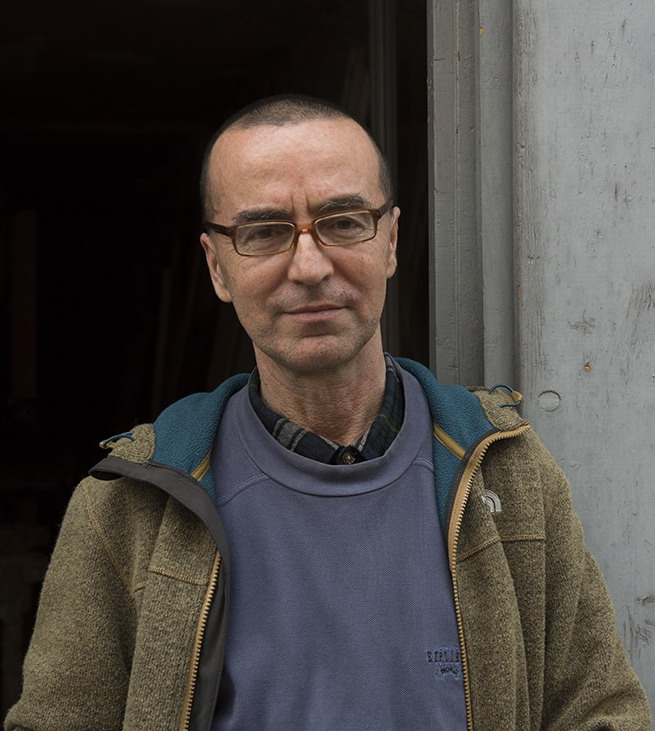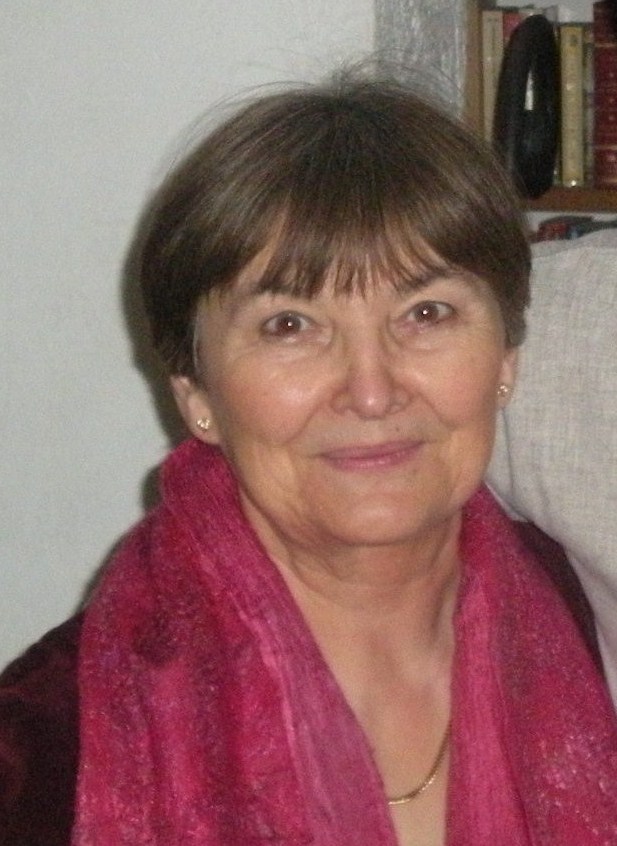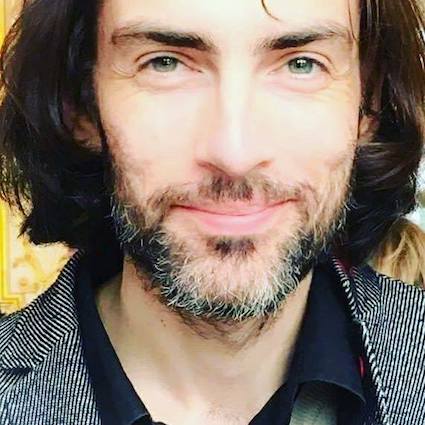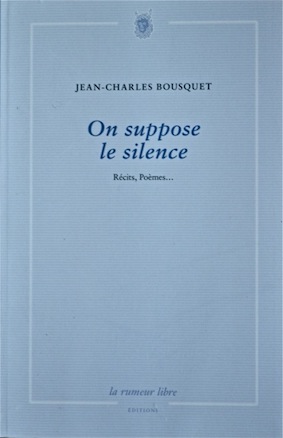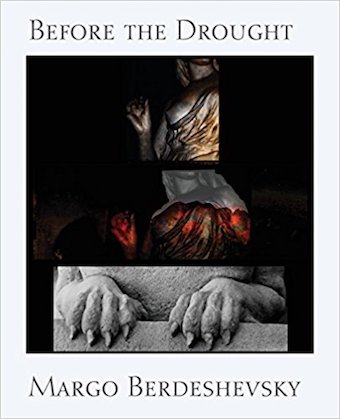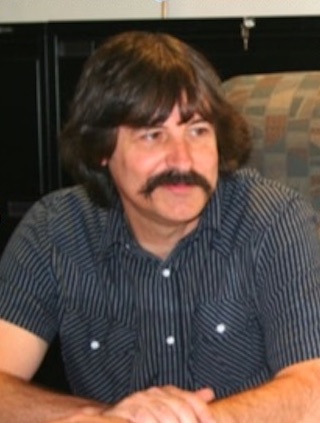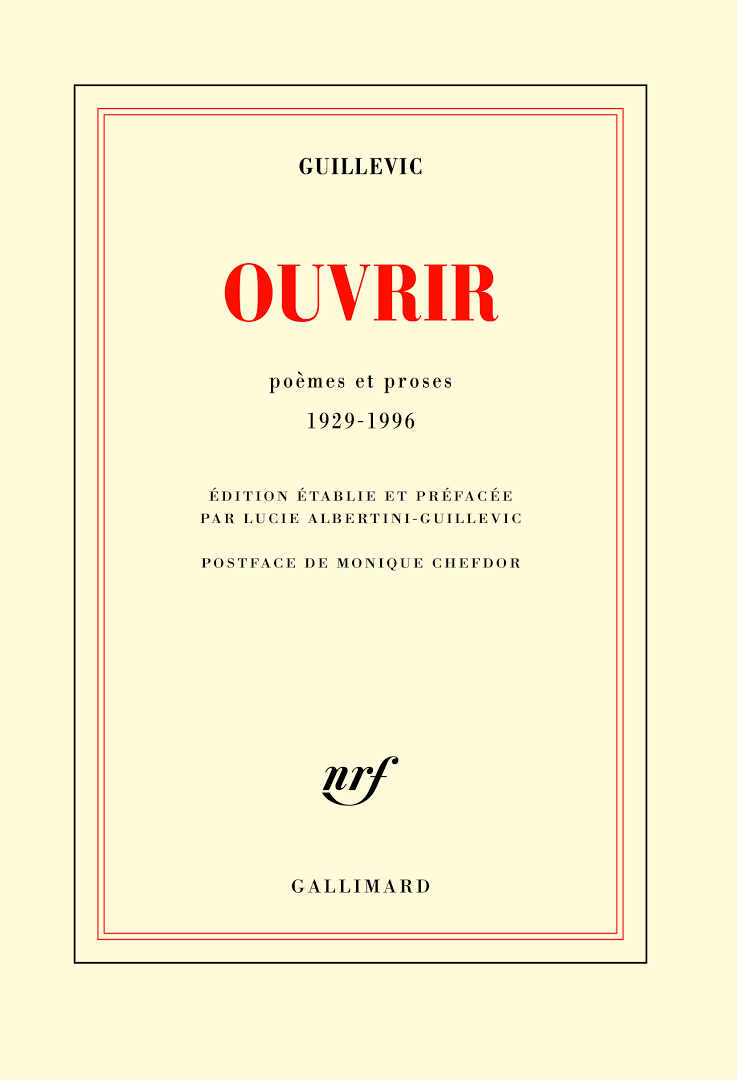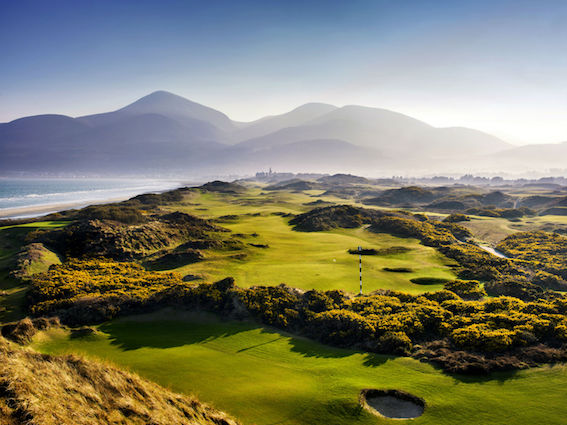Some thoughts on poetry and crisis
I do not think an artist can describe his pain while he is in pain. As a citizen he might want to express an opinion or take an action confronting the urgency of facts. But as an artist he will do that on the terms of his art which requires a certain distance and elaboration of the circumstances, a process much different than say that of the journalist or the activist. Especially since the last years we have heard almost everything from everyone in this public debate about the European crisis, this kind of elaboration is necessary. We need time in order to get a deeper understanding which will transcend the common places and the too obvious truths. “ ..to remain aware of the weight of fact without yielding to the temptation to become only a reporter is one of the most difficult puzzles confronting a practitioner of poetry. It calls for a cunning in selecting one’s means and a kind of distillation of material to achieve a distance to contemplate the things of the world as they are, without illusion”, Cheslaw Milosz writes.
What I find extremely interesting is that this is a crisis of identity and values more than anything else. It raises many questions about what we consider acceptable in the political field about what kind of society we want to be part of. The challenge is to redefine ourselves and to do that we should open up to other fields of thought besides the domination of necessities. I do not believe in the role of the artist as a public figure who raises his voice to assert a leading role. Because he is a special receiver he can become a special sensitive transmitter. Every journalist who meets an artist today will ask the same question. “How does the crisis affect your art “. In difficult times there arises the demand for art to give answers. Usually this is just bad art. This appeal for answers is the disguised mistrust that society holds against poetry: That it should prove its usefulness, become countable.
In our post-capitalist world language often functions as a structure of oppression, of power and it is extensively used as a tool, a mere instrument valued for its applications. In poetry, language is disrupted, is dislocated and this maybe brings forward the possibility for us to deny the world as it is.
It seems now a days that our world is described through a unique narrative, that is: economics. But we cannot accept our lives to be reduced in numbers. We need alternative narratives in order to live . Poetry is an alternative narrative of crucial importance. By creating new metaphors, new vehicles of meaning, it regenerates our spirit, helps us develop critical thinking, describe ourselves, interpret our lives with more complexity and depth. It opens up a space of possibilities within what we consider as reality.
More than, that it implies the fact that perhaps we need to think more carefully about the un-realistic or even the unattainable in order to preserve what is real.
If we look at the recent history of Greece we will see that we have been in an almost constant state of crisis, war, civil war, dictatorship. Many of the poets we know and love have written their poetry in much more difficult circumstances. The artist is always in a state of dispute with his time and environment, he is the critical mind and the witness, the eye that is not afraid to look and report. I am just worried about the notion that in times like that we ask art to become useful, to bring forward answers for what we cannot explain, which is wrong. Poetry is always the field of the multiplication of questions, or it loses its critical quality which is freedom. In more obviously totalitarian regimes a poem could and has been a threat to their order of things. Today the oppression, the way power is imposed is much more sophisticated and insidious. It is in many ways internalized, so most of the times we do not even realize we are controlled.
Artists do not change the world, they rather invent inconceivable structures of words, sounds, images, meanings. They are worriers and founders upon the chaos of possibilities.
Poetry is a universal language but more importantly it is also the language of doubt , a space of risk where our conscience is awakened, where we question our beliefs and ideas, where we become active. In poetry we hear the footsteps of others, the poem is the passage and because of it we traverse borders, genres, structures, distructions and transformations. Listening to a poem is a conscious and energetic act (praxis) that can change you. That is why to write or read poetry is a political act in itself.


